On August 4th, the 2024 Seventh China Tea Import and Export Trade Annual Conference and the Duyun Maojian Tea Gathering opened in Duyun City. The conference, themed around “Shared Benefits, Creating New Opportunities for Global Tea Trade; Duyun Maojian Perfuming the World, Gathering People and Tea to Benefit All,” aimed to enhance the international competitiveness of Duyun Maojian, driving high-quality and leapfrog development of the Duyun Maojian, Guizhou tea industry, and even the Chinese tea industry.
Riding on the co-construction of the Belt and Road Initiative, in recent years, tea exports from our province have continuously increased, with more and more tea companies expanding into overseas markets, leading to rapid development in tea export trade. Our province has established 638,000 mu (approximately 425,333 hectares) of export-registered tea bases, with 54 export-oriented tea production enterprises capable of producing 20,000 tons of tea.
Currently, tea is the largest exported agricultural product in our province. In 2025, Guizhou's tea export volume ranked ninth among China's tea-exporting provinces, with an average export price of $16.9 per kilogram, ranking first in the country.
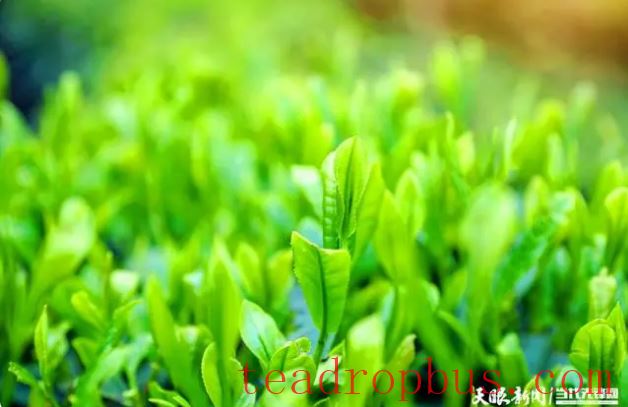
Aligning with Rules to Break Down Barriers
Since the start of Spring Tea harvesting this year, the tea export situation in our province has continued to improve.
The Guizhou James Finlay Tea Company in the Sina National Economic Development Zone successfully exported 40 tons of green and black tea to Poland; the Guizhou Hongyuan Agricultural Comprehensive Development Company received tea orders from Malaysia, Thailand, South Korea, Japan, the Middle East, and European regions; the Guizhou Xipu Biotechnology Company alone set up over 5,000 tea terminal sales outlets in Russia, relying on its self-built “overseas warehouse” and the “Guizhou Province (Russia) Agricultural Products Marketing Service Public Platform,” which helped a number of provincial tea companies go global…
In recent years, the provincial Party Committee and the provincial government have attached great importance to tea export work, setting a target in Document No. 1 of the Provincial Party Committee in 2024 that this year's tea export value should strive to increase by more than 10% year-on-year.
Peng Jibin, Member of the Party Leadership Group and Deputy Director of the Provincial Department of Agriculture and Rural Affairs, said, “Overall, the tea export situation in our province has been good, but due to late start, short time engaging with overseas markets, and shallow understanding of laws, regulations, and tax policies related to export trade, there are still gaps in alignment.” Therefore, in May this year, the Provincial Department of Agriculture and Rural Affairs specially organized the 2024 Provincial Agricultural Product Export Trade Work (Tea) Training Course. Relevant leaders and experts from units such as the Provincial Department of Agriculture and Rural Affairs, the Provincial Taxation Bureau, the Guiyang Customs, the Hong Kong Trade Development Council, and the Guizhou Green Tea Brand Development Promotion Association focused on interpreting and guiding issues such as the challenges and opportunities facing our province's tea exports, international market laws and regulations, trade barriers, export enterprise qualification registration, and foreign trade taxation, to help companies avoid risks accurately and break through international technical barriers.
Data shows that in 2025, our province achieved “zero notifications, zero returns” in tea exports.
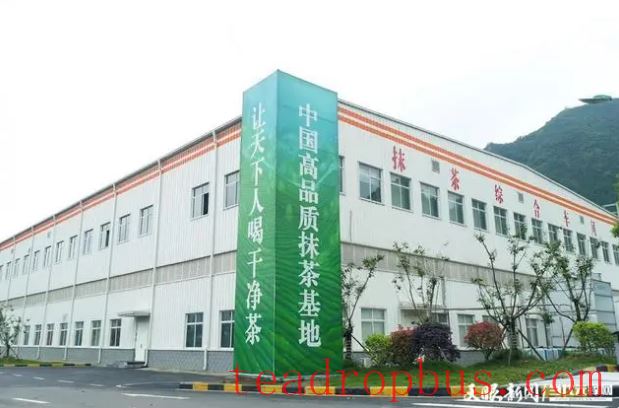
Clean Guizhou Tea Gains Reputation
Recently, Sri Lankan tea experts, including the director of the Sri Lanka National Tea Research Institute and the dean of the Faculty of Agriculture at Peradeniya University, came to our province to exchange and learn about new green prevention technologies in tea. After visiting several tea gardens, they praised, “Behind every Cup of clean Guizhou tea lies a vast network of green prevention.”
The foundation of export products is scale, the key is standards, and the core is quality and safety. Guizhou tea can sail far because of the nourishment and nurturing of the mountains and waters of Guizhou, and also because of the hundreds of thousands of tea workers' commitment to quality.
“Quality and safety are the lifeline,” said Meng Zude, Chairman of Guizhou Guicha (Group) Co., Ltd. He explained that Guicha, whether for domestic sales or exports, must pass over 500 EU testing indicators. This is not only the ultimate pursuit of quality but also a solemn commitment to consumers.
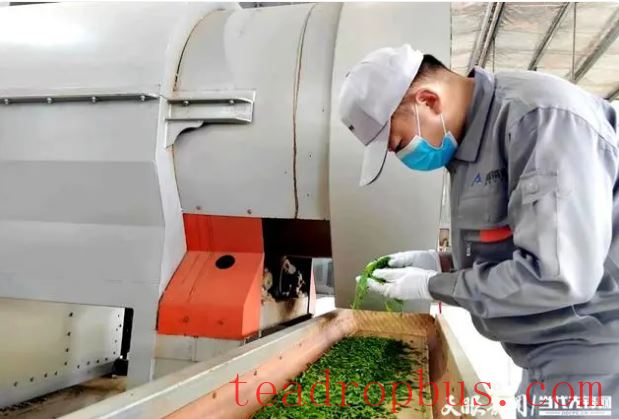
Guicha was one of the earlier companies in our province to venture into tea export trade. Since its first export to Germany in 2011, it has been operating in overseas markets for 13 years, with customers covering North America, the EU, Southeast Asia, Australia, and the Middle East. “Behind the impressive performance is our commitment to producing high-quality tea, clean tea, and safe tea, dedicated to building the regional image of ‘Clean Tea Made in Guizhou,'” said Meng Zude.
Our province is the only one in the country that possesses high altitude, low latitude, abundant cloud cover, and no pollution, covering the entire highland tea area. In recent years, we have consistently adhered to comprehensive green prevention and control in tea gardens across the region, being the first in the country to ban water-soluble pesticides and glyphosate, increasing the number of banned pesticides to 156 types.
Not betraying the green mountains, nor the people. Taking Guicha as an example, while introducing advanced automated production lines, it spends an average of over 2 million RMB annually on pesticide residue testing, totaling more than 24 million RMB in cumulative testing fees. At the same time, it has reached strategic cooperation with international authoritative testing institutions Eurofins (Eurofins Group) and SGS to jointly build a quality management system, ensuring that the tea production process does not involve the ground, effectively guaranteeing the quality of tea products.
Sticking to quality, accumulating strength to achieve breakthroughs. In recent years, Guicha has set its sights on the matcha track, building the world's largest single-matcha refining workshop in Jiangkou, Tongren. Currently, Jiangkou matcha production and sales account for one-quarter of the national total, ranking first in China and second globally. In 2025, Jiangkou matcha production and sales exceeded 1,000 tons, with a value of 320 million RMB, exporting 400 tons to more than 40 countries and regions. As a result, Tongren has earned the name “World Matcha Super Factory.”
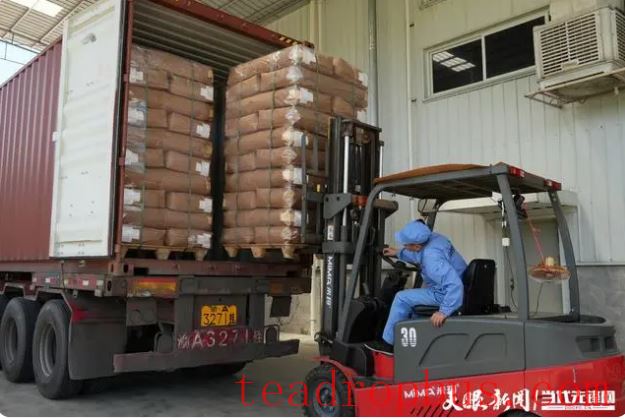
Crossing Mountains and Seas to Forge New Paths
To get premium prices for tea exports, while continually enhancing the reputation of “Clean Guizhou Tea,” our province actively builds bridges and roads, assisting tea companies in breaking down information barriers and expanding into overseas markets.
Taking advantage of the policy opportunity of “Clean Guizhou Tea Globally Shared,” the Lixiang Tea Industry Company of Meitan County started its international trade business in 2025. In its first year, it achieved excellent export results of 28 million USD.
Momentum built up, Lixiang Tea successively established several new production lines, not only becoming a supplier of raw materials but also striving to create its own brand in the international market to increase product added value, better achieving the “crossing of mountains and seas” for Guizhou tea.
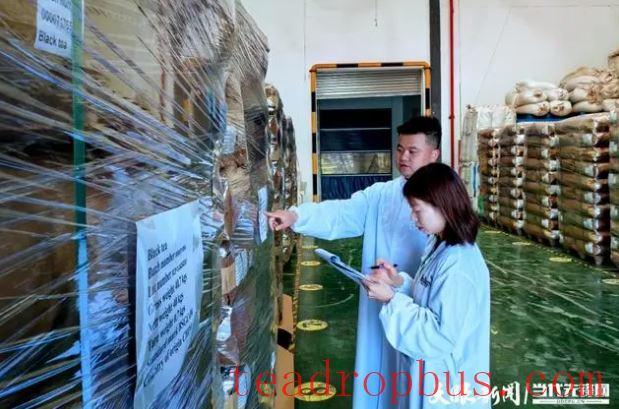
Now, leveraging the overseas “circle of friends” gained through the Belt and Road Initiative, the “footprint” of Guizhou tea continues to extend, also forcing the Guizhou